Frequently Asked Questions
ICF defines coaching as partnering with clients in a thought-provoking and creative process that inspires them to maximize their personal and professional potential. PWC defines coaching as follows: “Coaching enables employees to rapidly climb the learning curve and helps them take initiative, contribute ideas, and make quick decisions.”
ICF-certified professional coaches have completed a minimum of 60 hours of accredited training programs and have fulfilled all the requirements of that program. In addition to their training, they must have at least 100 hours of professional practice experience, which is one of the conditions set by ICF. Professional coaches also continuously work on themselves and keep developing.
The professional coaching profession is growing every year. According to the ICF 2020 report, it is estimated that globally there were approximately 71,000 coaches in 2019, a 33% increase since the 2015 estimate. The same report also estimates that there has been an almost 50% increase in the number of business leaders using coaching skills (+46%). (ICF, 2020).
A business coach helps guide the client by clarifying how the vision for their business aligns with their personal goals.
Business coaching is a process used to take a business from where it is now to where the client wants it to be.
Business coaching is one of the fastest-growing subfields of coaching, and companies are increasingly recognizing their need for business coaches. According to the ICF 2020 report, the proportion of coaching practitioners who defined Business Coaching as their main area of expertise increased from 62% in 2016 to 65% in 2019 compared to 2015. Finally, according to PWC reports, numerous recent studies show that coaching provides a return on investment of over 500% and significant financial benefits.
While coaching is a widely used method in the business world, it provides multiple contributions to companies. According to a survey conducted by the International Coach Federation (ICF) and the Human Capital Institute (HCI) in 2015, a strong coaching culture is associated with increased job performance and employee engagement. The survey also revealed that 51% of participants reported earning above the average income for their peer group in the industry, and 62% indicated they were more committed to the coaching culture and their companies.
According to the ICF/HCI survey, participants reported improvements in the following five areas:
- Improved team performance
- Increased engagement
- Increased productivity
- Improved employee relationships
- Faster leadership development
Team coaching unlocks the potential of a group and enhances collective intelligence. When your company has talented individuals, team coaching helps you step back and see them as more than just individuals. A team coach assists this group in discovering their potential as a team and helps them achieve their goals.
Firstly, coaches receive specific training in coaching. They maintain an equal level of communication with their clients. Coaches are not individuals who transfer their knowledge and tell clients “do this.” Their main goal is to help clients think, find their own path, and discover their potential.
A consultant, on the other hand, guides clients by providing advice in their area of expertise. A therapist deals with your mental health. Coaches do not aim to improve your mental health, nor do they have the training for it.
The benefits you gain from coaching vary depending on the goals you set. Several benefits of coaching were examined in a 2009 study by the ICF, showing that coaching can be beneficial in multiple areas. The study found that 80% of people who received coaching reported an increase in self-confidence, and 70% benefited from improved work performance, relationships, and more effective communication skills. Additionally, 86% of companies reported that they recouped their investment in coaching and more. (ICF 2009).
Another study by Forbes took an in-depth look at the benefits of coaching in various internal processes. The general processes reported by participants are as follows:
- Self-Awareness: Most leaders reported an increase in their level of self-awareness. They gained a better understanding of themselves and their self-concepts and developed more insight into how they impact others.
- Self-Confidence: Leaders also reported an increase in self-confidence. They noted a decrease in limiting thoughts and beliefs.
- Self-Leadership: As leaders’ personal development, self-knowledge, and self-confidence increased, so did their awareness of their self-leadership. Through coaching, they emphasized and discovered how they lead themselves and the expectations they set for themselves. Some participants realized they had unrealistic expectations and, through coaching, understood the need to be more compassionate towards themselves and develop their ability to manage with self-acceptance.
To understand whether coaching is right for you, you first need to clearly define what you expect from coaching and what you are looking for. It will help you to know what you want to achieve as a result of the process.
Coaching is a partnership process. You need to think about whether this partnership is right for you and whether you can benefit from this process. It will also help you decide whether you have enough energy to make serious changes in your life and work and whether you have enough energy to stay in this partnership.
First of all, it would be useful for you to find an ICF-accredited coach. This way you can be sure that the coach is in line with ICF ethics and competencies.
By researching the coaches well and looking at their references, you can see if they are suitable for you. Pre-interviewing more than one coach to gauge suitability can also be a useful selection method.
Coaching starts with one-to-one meetings. In this process, you can meet face-to-face, online or via teleconference. At the beginning of the process, interviews are held to understand what coaching is like and whether it is suitable for the person. Afterwards, follow-up sessions are arranged at specified intervals on specified days. During the planned sessions, first of all, a support system is created for the person to achieve their goals. At the same time, the coaching process is supported with assignments and tasks to be done during the period.
Effective coaching depends on specific, measurable, time-bound goals. You can measure success in two different ways. First, you can look at whether the goals set at the beginning of the coaching conversation have been achieved. For example: whether performance-enhancing goals such as an increase in income/wealth, promotion, etc. have been achieved.
Another form of measurement can be self-assessments in the form of self-ratings at the beginning of the coaching process and at regular intervals thereafter. It is also useful to see the change in the individual’s thinking and self-evaluation processes.
Naturally, many people may be skeptical about the benefits of coaching. However, finding a competent and successful coach is one of the most important aspects of the process.
It is crucial to look for a coach who has a professional approach, adheres to ethical rules, holds the necessary certifications, and has undergone reliable training. Spending time selecting and researching a coach that meets your specific needs is important. Choosing a coach you can fully trust and with whom you are excited to embark on a journey will be beneficial for you.
The most important thing to consider is with whom you feel comfortable and who brings out your creative processes. There are also several other points to pay attention to:
- What is the coach’s experience? For example, do they specialize in individual coaching or team coaching?
- What is the coach’s training? Are they certified by the ICF?
- What is the coach’s client potential?
- What is the coach’s philosophy?
- What are the potential success stories?
Additionally, there is plenty of research on the competencies of coaches. A study conducted in 2016 and published in the academic journal ‘Consulting Psychology Journal’ emphasized the importance of a strong working alliance between the coach and the client. This extensive study showed that the self-sufficiency of coaches, their belief in the benefits of coaching, and their ability to make lasting behavior changes are critical to determining the effectiveness of coaching.
Coaches who established a foundation of trust with their clients and set clear tasks and goals were labeled successful and received high ratings. Even when the client’s self-efficacy was low, it was observed that a strong working alliance and a clear goal-setting environment partially alleviated this issue.
Coaches can work in many areas such as senior executive and leader coaching, education/exam processes for young people, future and career planning, goal and vision creation, project development and creativity processes, couple – family relationship and communication processes, team processes. The important thing is that after completing basic coaching training, they should also receive training in the areas they want to specialize in and become competent in those areas. The coaching process is a process that includes many other issues. According to a study conducted by Harvard Business Review, 132 out of 140 participants stated that after they started their coaching sessions, the points they focused on changed after they reached a solution and that they continued their coaching sessions in that way. This means that coaching is a versatile process that can be used in many areas of your business life.
Founded in 1995, the International Coaching Federation (ICF) sets high standards in the field of coaching and works to ensure that the coaching profession is ethical.
It also provides certification programs and a worldwide network for certified coaches, bringing coaches and aspiring coaches together under one roof.
Business coaching is one of the fastest-growing subfields of coaching, and companies are increasingly recognizing their need for business coaches.
According to PWC reports, numerous recent studies show that coaching provides a return on investment of over 500% and significant financial benefits.
Research indicates that the benefits of business coaching are seen in many areas. The benefits provided to organizations for employers can be summarized as follows:
- Increased productivity (Olivero, Denise Bane, & Kopelman, 1997),
- Acting as a support mechanism for other training programs (Wales, 2003),
- Improvements in communication (Graham, Wedman, & Garvin-Kester, 1993),
- Effectiveness of organizations or teams (Hagen & Garvrilova Aguilar, 2012).
Areas that are considered to benefit both the client and the employer include:
- Improvements in interpersonal dynamics/teamwork (Hagen & Garvrilova Aguilar, 2012),
- Higher levels of motivation (Sonesh et al., 2015),
- Increased job satisfaction/retention/company loyalty (Ellinger, Ellinger, & Keller, 2003; Olivero et al., 1997),
- Skill enhancement and the ability to cope more effectively with stressful situations and improved leadership and management (Wales, 2003).
Another study conducted by Fortune, involving 1000 companies that utilized business coaching services, summarizes the benefits of business coaching as follows:
- Increase in productivity (by 53%),
- Increase in customer service (by 39%),
- Increase in senior retention (by 32%),
- Reduction in costs (by 23%),
- Increase in profitability (by 22%) (Fortune, 2001).

